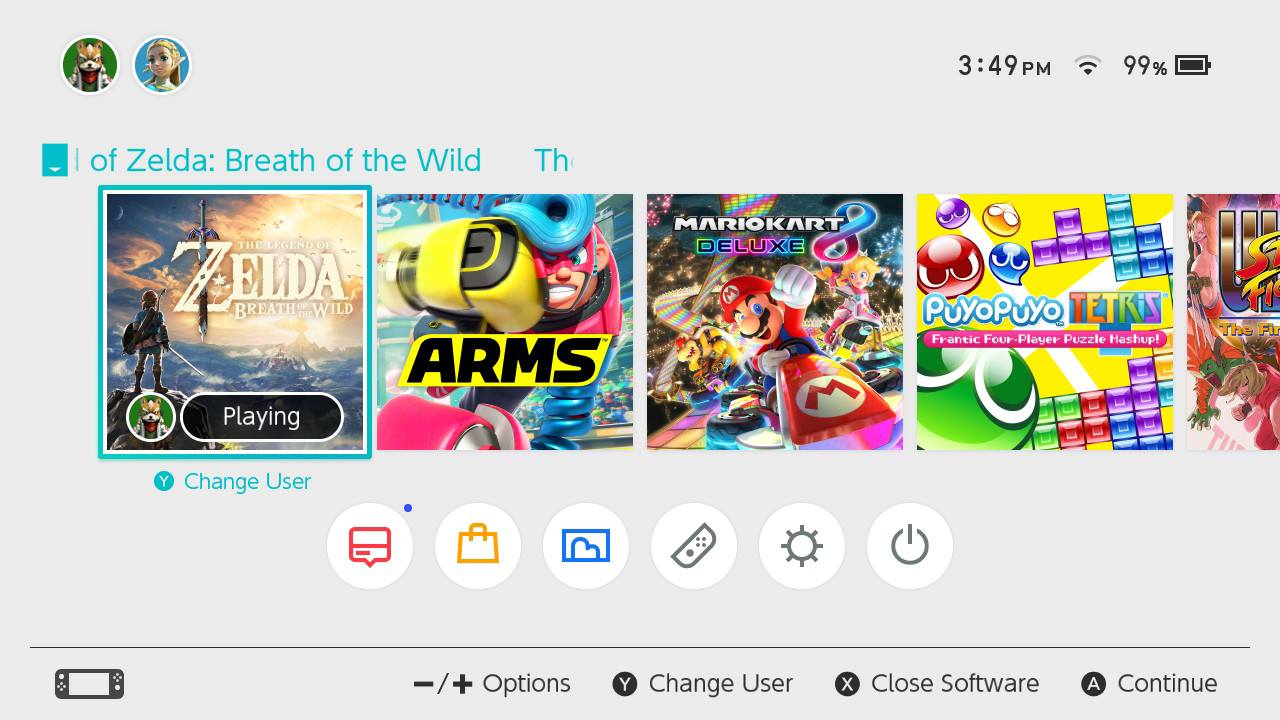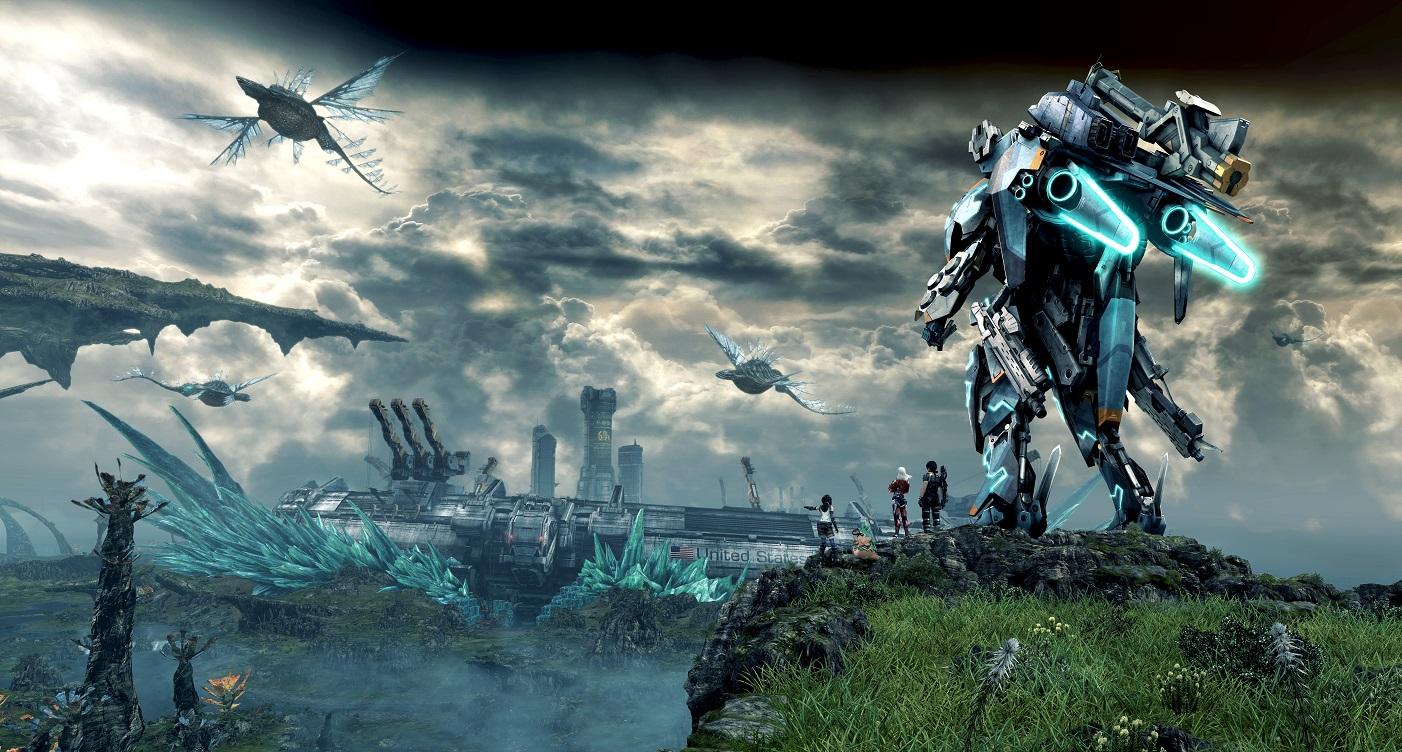Outside of The Legend of Zelda: Breath of the Wild, I’ve logged the most Nintendo Switch hours playing Mario Kart 8 Deluxe. The former I purchased on a physical cartridge, while the latter was received via digital code as a review copy. It may seem minor, but the more I think about it, the more certain I am that I wouldn’t have played either game as much had they swapped places.
As digital marketplaces have become increasingly commonplace and storage becomes cheaper, most players have begun to establish a consistent preference: I prefer digital, or I prefer hard copies. While I’m no different in choosing a side (I do, ideally, prefer physical games), the reality of reviewing is that more often than not in the current year, you’re going to receive a digital download code. I was absolutely thrilled to discover that Nintendo had decided to send a physical copy of Fire Emblem Echoes: Shadows of Valentia, for example, topped with the courtesy of including complimentary amiibo. Meanwhile, both Mario Kart 8 Deluxe and ARMS showed up via email, no frills, no extras: just a lengthy string of numbers and letters.
These are arbitrary examples, but they do yield actual habits of play, whether the individual involved is aware of them or not. For my tastes, a massive undertaking or immersive single player experience is always better as a physical edition. You get the box and its included art, a fancy little cartridge or disc, a manual if the publisher decides to include one, and the pleasure of actually owning something.

Digital games grant easier access, but too many can make consoles feel like your Steam library.
There’s a deep irony here, in that said game usually won’t leave your console for weeks or months at a time. Zelda has literally not left my Switch once since launch thanks to triple-digit play totals and a collection of otherwise digital games, in effect granting Zelda itself a digital-like accessibility since it never leaves my device anyway. Meanwhile, Xenoblade Chronicles X has remained firmly-lodged in my Wii U for even longer, perhaps nearly a year now, as it simply keeps on giving and, like before, so many of my other games are digital versions.
An odd conclusion reveals itself, then, in that for massive games a physical nature doesn’t actually stymie the player from playing, or at least not all that often. Smaller games, multiplayer, or titles decidedly less “megaton” nature, on the other hand, can be severely affected by this, even if they are in fact still AAA. Just today I spotted a NeoGAF thread where the poster openly expressed regret over acquiring Mario Kart 8 Deluxe as a physical version.
“It’s ok if I’m willing to play one hour or more of MK,” he said. “But if I just want to do a quick race I usually don’t even bother. I think I would be playing a lot more if it was digital.”
My single other physical game on Switch, Super Bomberman R, corroborates this. I enjoyed the game well enough, and awarded it a very solid score of 3.5 (that’s out of five, if you’re new here). I reviewed the title on a family member’s Switch primarily since I was home at the time, and upon returning I’ve yet to insert the game into my own device, even months later. It’s plenty fun and something I enjoy, so why on earth not? The answer is simple – I open the cartridge flap, or visualize doing so in my mind, and Zelda is already in there. I then close the flap and proceed to play the inserted game or a digital download such as Mario Kart 8 Deluxe.

I doubt anything could have kept me from playing XCX for nearly 200 hours.
While physical versus digital media do influence our habits, in the end ultimate truth or perceived objective quality does have a tendency to prevail. I own ARMS digitally, for example, and while access to quick matches could not be easier, I can already tell I won’t tap its icon all that often outside of multiplayer with friends. Of course, another phenomenon is raised here; do games that are purchased versus professionally obtained or gifted impress a stronger obligation to play? Had I lost $60 on ARMS instead, would I be compelled to “power through” 30 hours instead of 20 (around when it began to grow old) and ultimately unlock the next 50 by knowing the game on a deeper level? These questions are challenging, heavy, and probably unanswerable – not to mention the fact that they belong in their own separate article.
Regardless, I’ve already begun planning future purchases according to this slowly-forming dogma, with Xenoblade Chronicles 2 and Super Mario Odyssey already marked as physical in contrast with smaller titles that may not even provide an option. Of course, if review copies for said games arrive as downloads then my arguably foolish strategy will be foiled, underscoring the fact that a truly great game demands your attention no matter where or how it’s stored and delivered. I suppose keeping that in mind is probably what’s the most important.







